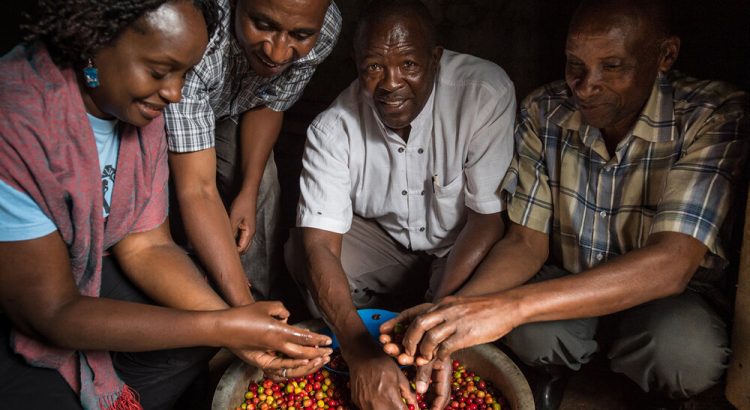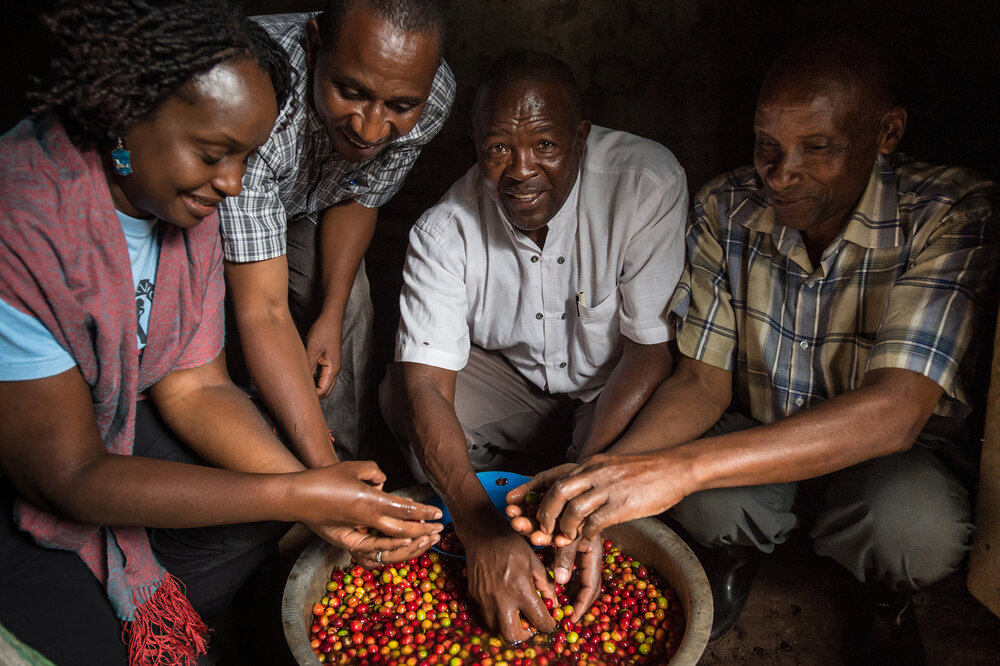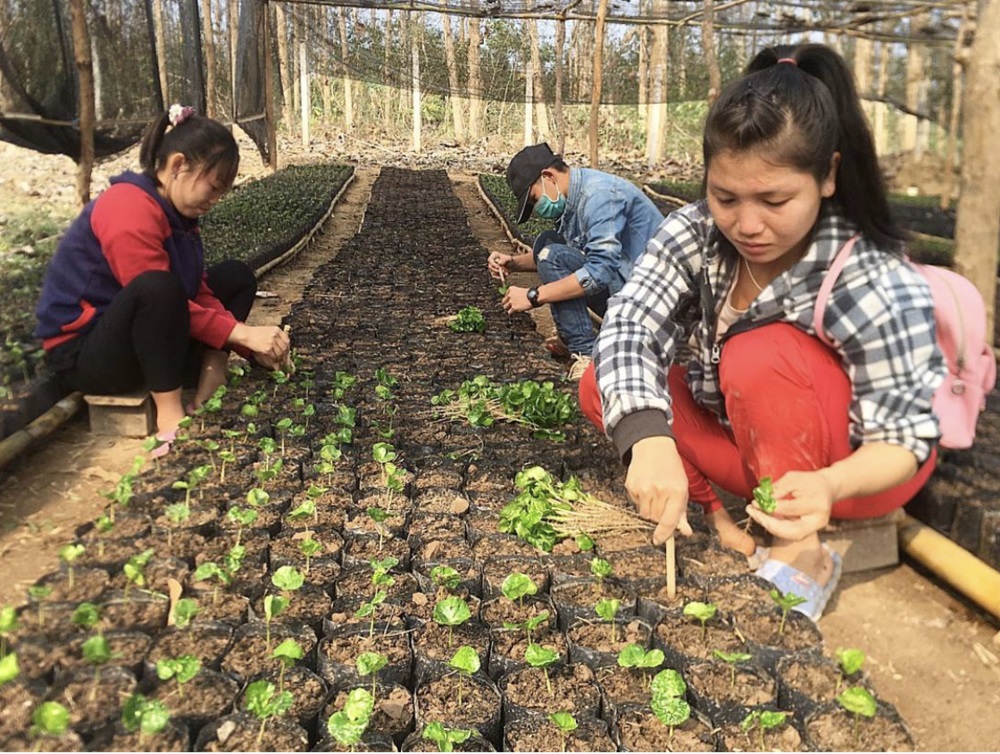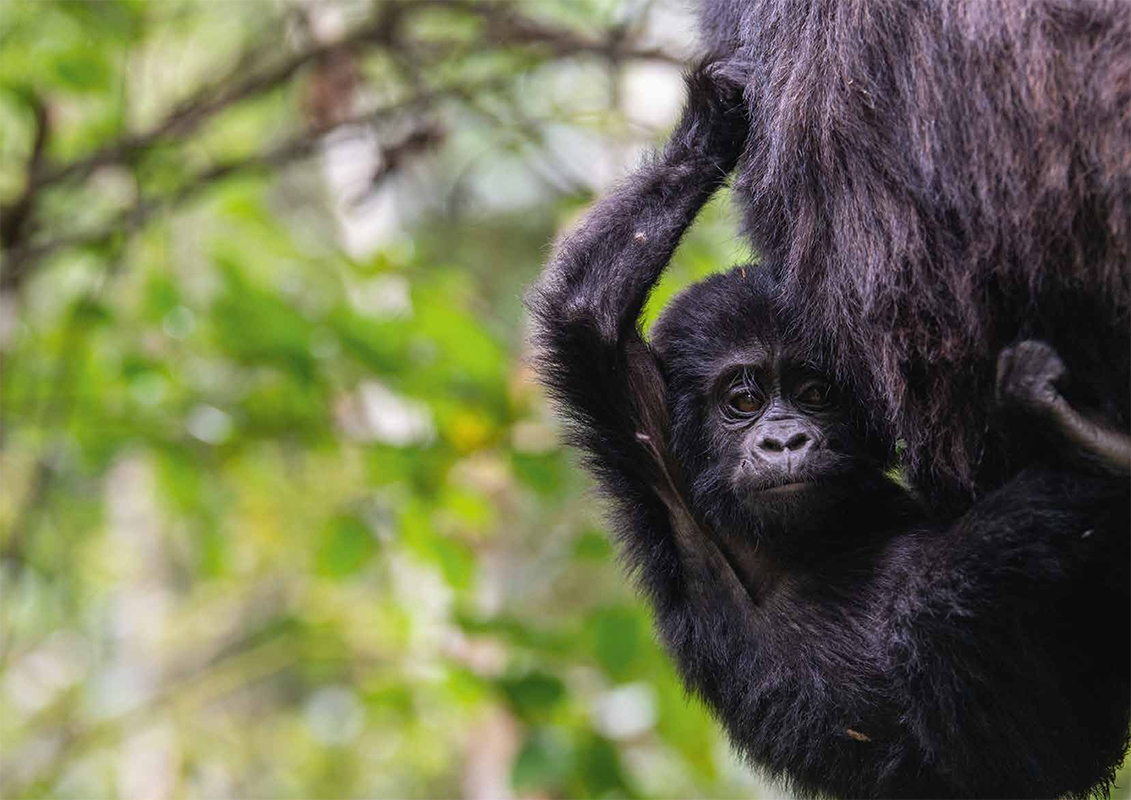
By Sarah Marshall
Photographs By Sarah Marshall
Published 17 Aug 2021, 08:00 BST, Updated 17 Aug 2021, 10:43 BST
Waves swell with the force of five oceans as water charges and tumbles over rocks. Foaming with fury and roaring with rage, jets explode from every crack and crevice, clouding the area in white smoke.
Spilling over an escarpment at the northernmost tip of Africa’s Western Rift Valley, Uganda’s Murchison Falls has forever been in a state of turbulence. This mighty bottleneck in the Nile has swallowed bridges, thrown light aircraft off course and narrowly escaped a hydro dam development.
A boiling pot of controversy, where disagreements continuously bubble away, today her mood is darker than the depths of hell. Skittish butterflies skirt over the surf and rainbows fail to reconcile their arcs as the cataract consumes everything in its path.
Heavy rains have caused water levels to surge but her anger could be down to other reasons, suggests my guide, George, as we hike from the car to a nearby viewpoint.
Termite mounds sparkle with flecks of mica and the quartzite rocks shimmer like jewels. But other riches are currently determining the future of Uganda’s oldest conservation area and biggest national park, which sprawls across a section of land larger than Cornwall in the country’s north west.
“Oil is like a curse,” complains George as we reach the top. “Countries with it never do well.”

A decision to drill for black gold in Murchison Falls and build a pipeline to Tanzania has been met with mixed responses in Uganda, a nation wealthy in natural assets but economically poor. While French oil company TotalEnergies has promised to minimise its footprint, lodge owners, guides and environmentalists remain sceptical.
Any concern is testimony to the value Uganda places on its wild spaces. Historically, the country has been praised for its environmental efforts, and behind the scenes of its 10 national parks and multiple reserves are individuals working hard keep them safe. Meeting them is as rewarding as viewing big cats on a game drive or tracking great apes in a primordial forest — something I learn first-hand on an itinerary exploring some of the most important conservation projects accessible to tourists.
Although the oil extraction is a done deal, with most infrastructure in place and the construction of a pipeline due to start this year, only 1% or the park will be directly impacted. Exploring by dirt road and river, I encounter a precious Eden: waterways heave with crocs and hippos; papyrus reeds twitch with the stealthy tiptoe of shy shoebills; and rare Rothschild’s giraffes stride across sweeping savannahs and hills.
NGO Uganda Conservation Foundation, in collaboration with the Uganda Wildlife Authority (UWA), works diligently to protect this paradise. On a tour of its newly completed Law Enforcement and Operations Centre, founding trustee Mike Keigwin proudly shows off a complex where every cog of a well-oiled anti-poaching mechanism — from satellite-linked surveillance screens to temporary prison cells and a police station — whirs away under one roof. One hundred young people from the fringes of Murchison Falls were contracted for the construction, with many now training as rangers for UWA.

From the late 1970s until 2000, elephant numbers in Murchison Falls — once the most visited park in Africa — crashed from 16,000 to 500, but in recent times the situation has stabilised, and tourism is returning.
An armoury packed with confiscated weapons, which are safer under lock and key than discarded, is a chilling reminder that illegal activity is still a threat. “Under every building in this complex, there are another 20-30,000 snares,” sighs Mike, picking through wire coils and hefty wheel clamps, some still with tufts of animal hair in their jaws. “We were running out of space.”
The cost of protecting Africa’s wild areas is enormous, but the potential losses are too overwhelming to contemplate. Although the trade in animal parts has largely been brought under control, the biggest threat now lies in the conflict between communities and wildlife, as populations grow and habitats shrink.

Into the woods
Budongo Forest, a 45-minute drive south of the falls along a newly paved, Chinese-built road, is ever-threatened by illegal logging and encroachment. A strict set of hunting rights issued by the King of Bunyoro safeguarded the tropical rainforest in the past, but now chimpanzee tourism is its key custodian.
Setting off at 7am, I join Amos Wekesa, owner of the Budongo Eco Lodge, for a full day chimp ‘habituation’ experience — providing an opportunity to discover how these great apes are acclimatised to humans. His simple wooden lodge and cabins, once used by the Jane Goodall Institute as a field base, sits at the mouth of several trails.
Silenced by thick walls of spiralling ferns and a canopy of latticed branches, human voices quickly drift away as we tumble into a fairytale forest beyond the imagination of even the Brothers Grimm.
Ancient mahogany trees form a colonnade of Corinthian pillars, supporting a temple more sacred than any man-made place of worship. Epiphytes balance on borrowed altars, while strangler figs grip their victims, performing a slow act of sacrifice. On the soft, spongy ground, decaying trunks sprout with wisps of ghost white fungi.
Alongside a stream, Amos picks up a freshly discarded seedpod. “Chimps use these as drinking cups,” he explains, indicating they must be nearby. On cue, we hear the thundering of ironwood buttress roots, followed by grunts of joy.
Perched contentedly like a Buddha on his plinth, 43-year-old chimp Jacko is munching on the ripe fruits of a fig tree.
“Watch out or you’ll be hit by the wadge,” warns Amos, as we narrowly avoid a bombing of chewed up pulp.

Amos and his tour company Great Lakes Safaris, which manages the Budongo concession on behalf of the National Forestry Authority, helped generate US$300,000 (£217,000) per year before the pandemic struck — funds used to employ a team of forest rangers on the ground.
Equally impressive is Amos’s own rags to riches story, which he shares with me over dinner back at the lodge. Born into a destitute family on the Kenyan border, he was smuggling goods by the age of six.
An educational grant from the Salvation Army provided a stepping-stone out of poverty, but it was determination and tenacity that paved his way. Despite earning only $10 (£7) a month as a sweeper, progressing to $1 (£0.70) a day as a tour guide, he still managed to stash some savings, starting Great Lakes Safaris 20 years ago with only $200 (£145) in his pocket.
Amos is extremely likeable: a businessman whose heart lies in conservation. When the Ugandan government considered plans to dam Murchison Falls, Amos threatened to protest naked, and his Facebook page (with more than 75,000 followers) functions as a platform to educate young minds.
“We’re not the last generation,” he complains, scrolling through a deluge of social media comments that could put some of the biggest influencers in the shade. “We can’t live like we’re the last people to leave.”
Amos owns three lodges in Uganda, including the newly revamped Elephant Plains Lodge in the northern section of Queen Elizabeth National Park (QENP). It takes me six hours to reach the long, thin park, which shares Lake Edward with the Democratic Republic of the Congo (DRC). But driving through the country’s wildly varying climatic zones is an experience, enlivened by a cast of daredevil drivers and sideshow attractions on the way.

“That’s so Uganda,” laughs my guide and driver, Robert, shaking his head.
Rising up to the Albertine Rift Escarpment, we reach the lakeside lodge, a collection of eight elegant cottages built to some of the highest Ugandan standards, gazing out on the Blue Mountains of the DRC and the Ruwenzoris — a range of other-worldly peaks aptly described by ancient geographer Ptolemy as ‘mountains of the moon’.
It’s a short drive to the park gate the following morning, where I have an early appointment for lion tracking with conservationist and vet Dr Ludwig Siefert from the Uganda Carnivore Program. Initially created in response to a feared outbreak of a distemper virus killing the park’s lions, the project subsequently switched focus to community intervention when it became clear poisoning was causing the deaths.
Tourists can pay a $110 (£80) fee, which goes towards law enforcement and the community, to join Dr Ludwig and his team as they track collared lions and leopards, offering a rare opportunity to game drive off-road in the park. Seeing big cats in the wild is always exciting, especially in a setting of crater lakes and curious cacti bursting from Martian-red soil, but the real highlight is an opportunity to learn about the challenges facing conservationists in QENP.
Dr Ludwig holds aloft a telemetry device from the roof of his four-wheel-drive vehicle as we weave through prickly candelabra trees whose embracing stems often provide beds for leopards. There are around 40,000 people living in the park, and 90,000 on the periphery, with numbers swelling daily as refugees seek solace from armed conflict in neighbouring DRC and South Sudan.
“The mindset of the Congo is different; they eat more things,” states Dr Ludvig. Illegal fishing and bushmeat poaching are exacerbated by superstitious beliefs, he explains, citing a custom for women eating hippo meat to become fertile. But the biggest issue is crop interference and retaliation killings, carried out by lacing carcasses with poison. As animals and humans continue to battle for space, there’s no easy solution.

In March 2021, six lions were found dead and dismembered after a suspected poisoning in the southern Ishasha section of the park. To get a better understanding of what happened, I visit farmer and herbalist Deo Karegyesa, who’s started a Save Our Lions campaign in response. Working with tour operators, he invites tourists into his homestead to see the various methods he’s deployed for keeping wildlife at bay.
Short and slight, he hardly looks a match for elephants and predators, but his inventions are working: a straw hut where he sleeps to ward off bush pigs, a treehouse to keep an eye out for elephants and a deep trench to prevent any invaders from crossing.
“I teach the people in this community how to live with the animals without hurting them,” he proclaims, scrambling up a ladder to his leafy watchtower. “They think the animals are devils, but we need to teach them that these animals are theirs.”

Silverback safari
Taking ownership of wildlife has been crucial to the success of gorilla conservation, focused mainly around the Bwindi Impenetrable Forest, a 90-minute drive south in a cool, damp, high-altitude environment a world away from the dry, scorching savannahs of QENP.
When I arrive at Sanctuary Gorilla Forest Camp in Buhoma, the only property inside the park, mist has already wrapped the treetops in a loose-knit shawl. Built by Geoffrey Kent, founder of tour operator Abercrombie & Kent, after he convinced now-president General Museveni to set aside Bwindi as a national park, the safari-style tented camp cascades down Bwindi’s famously steep slopes.
The following morning, I set off at 7am to trek to the gorillas with researchers from Conservation Through Public Health (CTPH). Founded by former UWA vet Dr Gladys Kalema-Zikusoka, the NGO stresses the interdependence of community and wildlife wellbeing. After linking an outbreak of scabies in gorillas with human clothes left on scarecrows, Dr Gladys proved how easily diseases can jump to some of our closest cousins. The pandemic has made her message even more pertinent, and in cruel twist of fate, she’s isolating at home, recovering from Covid-19 when I visit.
Unable to trek, she leaves me in the capable hands of her team who visit all 22 habituated gorilla troops once a month to collect faecal samples for testing. Searching for nests belonging to the Rushegura family of mountain gorillas, we hike into the belly of the dense forest, where branches tangle like entrails and roots thread a network of veins. After measuring faeces deposited at every nest (a silverback’s is around 7.4cm long, for anyone keen to make a comparison), lab technician Annaclet Ampeire uses a spatula to gather scrapings into a pot.
“Searching for nests belonging to the Rushegura family of mountain gorillas, we hike into the belly of the dense forest, where branches tangle like entrails and roots thread a network of veins”
Continuing with the gorilla trek (fully masked), we’re surprised to find the group are only a few minutes’ walk from their vacated nest — an indication, I later learn, that something’s wrong.
“That wasn’t there yesterday,” exclaims one of the trackers, pointing to a newborn gorilla clinging to silverback Kabukojo’s chest. It becomes apparent the vulnerable bundle has been rejected by its mother, a wild gorilla who’d recently joined the troop. Watching a tiny hand grip at the chest of a creature 50 times its size is heartbreaking, especially after I’m told the baby stands almost no chance of surviving.
Back at CTPH’s lab in Buhoma, in sombre mood, we analyse the pieces of faeces under a microscope to check for signs of parasites. Stored at -20C, the remaining samples will soon be sent away for Covid-19 testing, providing a clearer picture of the impact of the virus on gorillas in Uganda for the first time. In the absence of a park buffer zone, social distancing with gorillas is hard.
In 1991, Batwa tribal communities were forcibly and controversially removed from Bwindi when it became a national park, although many are desperate to return. Ostracised, bullied and beaten, the ‘pygmy people’ have struggled to find a new home.
On a four-hour hike across the forest with Nkuringo Walking Safaris, using a trail originally built during Idi Amin’s regime, I understand why they were so reluctant to leave. Vines finer than angel hair flow into waterfalls creating a heavenly setting, and a peppery rush of fresh ginger mingles with the earthy scent of recent rain.

Owned by dynamic Ugandan Lydia Nandudu, the eco-lodge is a champion of community healthcare, education and arts projects. It’s beautiful too, with cottages floating above the forest and offering views of the eight peaks of the Virunga Mountains. At night, I fall asleep listening to drumming and singing in the village, watching the glowing tip of the Congo’s Mount Nyiragongo torch a star-studded sky. Borrowing Lydia’s words: “This is where the world ends.”
At nearby Rushaga Gorilla Lodge, I’m given a walking stick engraved with my name, something every guest receives as part of an initiative to support local craftspeople. The chance to spend longer with the gorillas here (costing $1,500/£1,090) was launched in 2014. Only available in Uganda, these extended sessions aim to generate more revenue for conservation while also helping to familiarise gorillas with foreign faces and give visitors an insight into the work involved.
The extra time is worth every penny. It allows me to settle into the gorillas’ rhythm, noting behaviour from nuanced to crude by human standards. Grunting is an expression of happiness, while farting, I’m informed, is a sign of feeling comfortable. Most of all, the experience opens my eyes to the difficulties rangers face: the danger of falling trees or the threat of a charging silverback. “If a gorilla ran at you, you wouldn’t like them anymore,” insists Miel.
Joking aside, his words ring true. The reality of protecting animals and communities is neither glossy nor glamorous, and anyone interested in the natural world should understand what’s involved. Eternally complex, it’s a constant struggle. But Uganda’s conservation heroes — from rangers and hoteliers to academics and farmers — are glittering examples of what’s possible. When oil wells dry out and dams eventually collapse, these are the prized natural assets that will be worth their weight in gold.

Essentials
Getting there & around
Kenya Airways flies to Entebbe International Airport via Nairobi and Emirates via Dubai, both daily.
Other operators include Egypt Air via Cairo, Ethiopian Airlines via Addis Ababa, Qatar Airways via Doha, Turkish Airlines via Istanbul and KLM via Amsterdam.
Average flight time: 11h.
Few internal flights operate in Uganda, so travel is mainly by road. Link runs buses between major towns.
When to go
Uganda’s dry seasons run from December to February and June to September with average temperatures of 26C. January can be extremely hot, reaching 40C in the north.
More info
Uganda Tourism
Where to stay
Budongo Eco Lodge, Murchison Falls. Doubles from $250 (£183), full-board.
Elephant Plains Lodge, Queen Elizabeth National Park. Doubles from $315 (£231), full-board.
Sanctuary Gorilla Forest Camp, Buhoma, Bwindi Impenetrable National Park. Doubles from £300, full-board.
Nkuringo Bwindi Gorilla Lodge, Nkuringo. Doubles from £215, full-board.
How to do it
Audley Travel offers a 16-day trip to Uganda from £8,245 per person (based on two sharing), including flights, transfers, accommodation and wildlife activities.
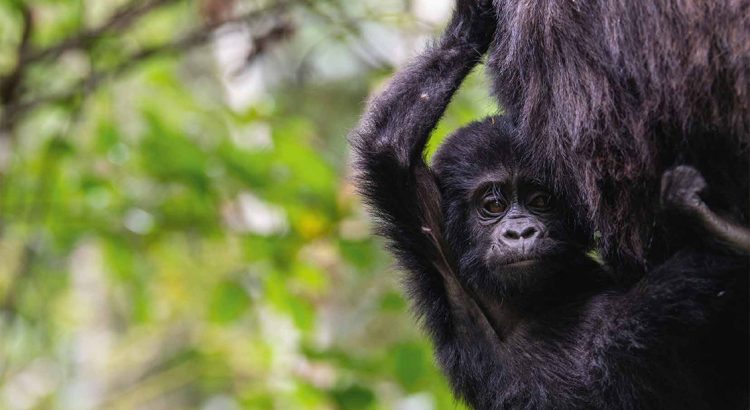
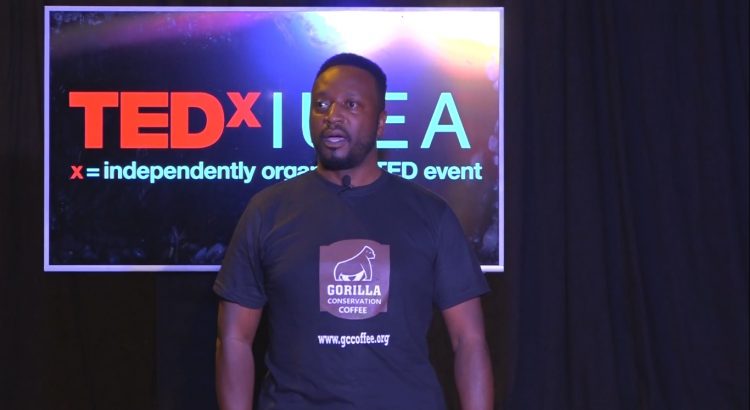
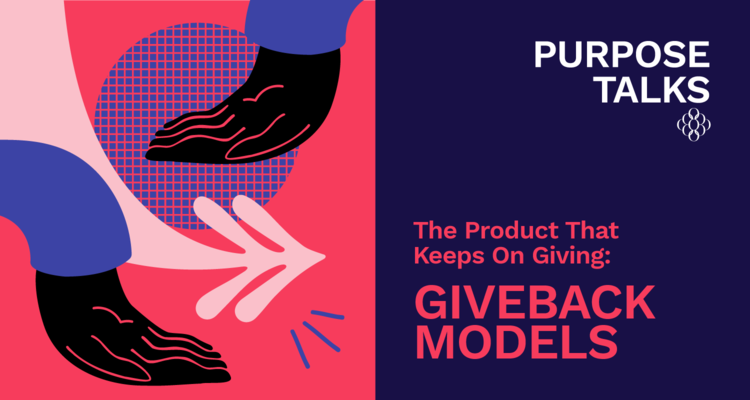
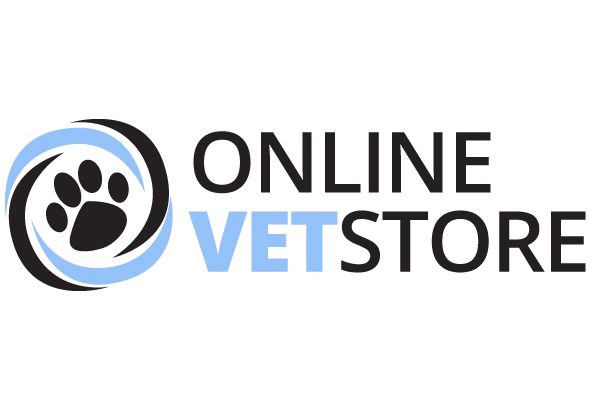

 Gorilla Conservation Coffee pays a premium above market price to coffee farmers who are living next door to the gorillas around Bwindi Impenetrable National Park, and further supports the farmers through training in sustainable coffee farming and processing. This helps to improve the coffee quality and increase production yield, which additionally helps to protect the critically endangered gorillas and their fragile habitat. A portion from every kilogram of roasted branded coffee sold is donated directly to support Conservation Through Public Health’s work with gorillas and the local community.
Gorilla Conservation Coffee pays a premium above market price to coffee farmers who are living next door to the gorillas around Bwindi Impenetrable National Park, and further supports the farmers through training in sustainable coffee farming and processing. This helps to improve the coffee quality and increase production yield, which additionally helps to protect the critically endangered gorillas and their fragile habitat. A portion from every kilogram of roasted branded coffee sold is donated directly to support Conservation Through Public Health’s work with gorillas and the local community. The blend is named after the former lead silverback gorilla of the Mubare Gorilla Group, the first group habituated for tourism at Bwindi Impenetrable National Park, Uganda.
The blend is named after the former lead silverback gorilla of the Mubare Gorilla Group, the first group habituated for tourism at Bwindi Impenetrable National Park, Uganda. Rangiora Vet Centre Vet, and Director Dr Ben Davidson, who created Online Vet Store, has been interested in wildlife and the natural world since he was a young kid.
Rangiora Vet Centre Vet, and Director Dr Ben Davidson, who created Online Vet Store, has been interested in wildlife and the natural world since he was a young kid.